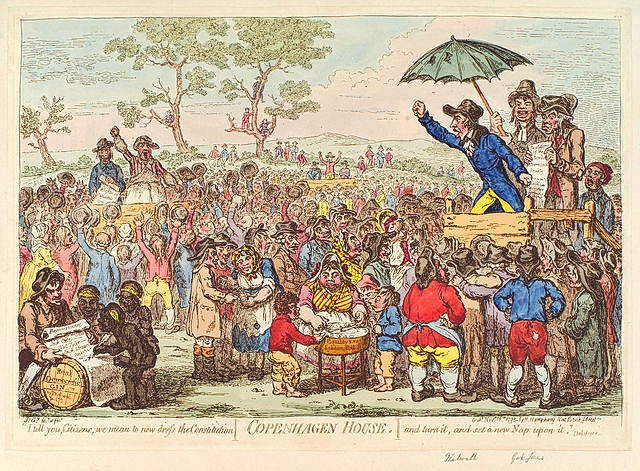
This week, Johnny Depp’s case against The Sun has brought “wife beater” allegations against the star back to the fore. But what is it about this story that so captures the public imagination?
Beyond our interest in the private lives of the famous, there’s something fable-like and fascinating in the downfall of those once celebrated - revealing the fragility of public opinion, and how overnight the most powerful and admired amongst us can become the most despised.
This week we’ve curated five books that look at public opinion, the forces that shape it, and those that it shapes too.
1: Group Psychology and the Analysis of the Ego - Sigmund Freud
“Recent events throughout the world have reignited debate into Freudian ideas. For instance, recent popular movements especially in the Middle East do call for a more intense examination of this work. In addition, the violent nature of most of these groups perhaps can be resolved with insight from Freudian theories. No doubt, this is one of his most examined works. There is also no denying the political implications of his work. His work has definitely helped to inspire many sociologists into developing better theories on group dynamics.”
2: Crowds and Power - Elias Canetti
“Canetti goes on to classify crowds according to their five prevailing emotions, exploring how these dynamics shape everything from political movements to religion to music concerts and how they shed light on the complexities and true meaning of power.”
3: Psychology of Crowds- Gustave Le Bon
“Le Bon’s “study” of the psychology of crowds is so littered with personal prejudices, presented as scientific research on the psychology of others, that it’s difficult to look beyond his narrow-minded and pessimistic view of the world. If anything, it seems to be a manual on how to rise to power as a dictator through psychological manipulation.
4:The Spiral of Silence: Public Opinion - Elisabeth Noelle-Neumann
“Noelle-Neumann’s spiral of silence is a theory that explains the growth and spread of public opinion. As founder and director of the Public Opinion Research Center in Allensbach (the German counterpart of America’s Gallup poll organi zation), she has come to recognize the power of public opinion. Like seventeenth century philosopher John Locke, she regards public opinion as a tangible force that keeps people in line.”
5: Outraged: Why Everyone is Shouting and No One is Talking - Ashley ‘Dotty’ Charles
“Negative consequences of online fury include the publicity given to “outrage-mongers” who rely on generating a response to promote their own profiles. Charles cites Katie Hopkins and Piers Morgan as examples. Her main gripe, however, is that sounding off on social media dilutes focus on what matters and is often a substitute for action that will achieve actual change.”